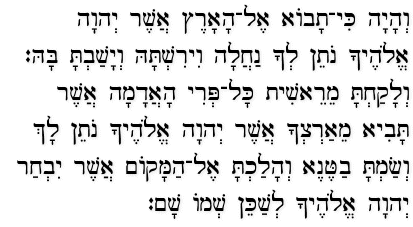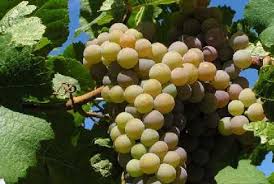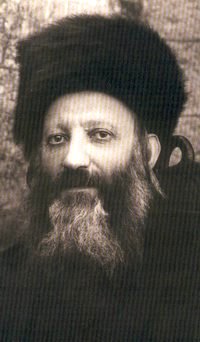Editor, Daveed Fakheri
Saturday 8 . 28 . 2010
شنبه ۶ شهریور ۱۳۸۹
Shabbat 8 Elul 5770



"I Won't Forget" - Rabbi Shlomo Riskin's insights into Parshat Ki Tavo
Rav Raz and Leah Hartman * KI TAVO *
Rav Kook on the Weekly Parsha

The Torah portion opens and closes with the same theme: simchah (joy). It begins with the mitzvah of offering bikurim (first-fruits) in the Temple, an exercise in appreciating what God has given us, as it says, "You shall rejoice in all the good that the Lord your God has granted you and your family" (Deut. 26:11).
Afterwards, the Torah describes the terrible trials that will befall the Jewish people if they are unfaithful to the Torah's teachings. This section concludes with the root cause for these punishments:
"Because you did not serve the Lord your God with joy (simchah) and contentment ("tuv leivav")." (Deut. 28:47) |
Not only does God expect us to keep the mitzvot, but we are to perform them with joy and contentment. What is the difference between these two emotions?
LEARN MORE
The speech that farmers recited when bringing their first fruits to the Temple forms a central part of the Passover retelling of the Exodus and also articulates the Zionist message.MORE>
Ki Tavo, a summary of the portion
Moses instructs the Israelites regarding the first fruit offering; Moses then lists the blessings for keeping the commandments and the punishments for disobeying them.
Moses continues his last speech before the Israelites, "When you dwell in the promised land, take a selection of the first fruits and bring them to the place God chooses for God's Name. With a priest you shall make an offering saying, 'We remember when we were slaves in Egypt. We remember how God brought us to freedom with a strong hand and outstretched arm, with signs and miracles. You, God brought, us to this land flowing with milk and honey. And now I have brought these first fruits that you, God, have given me.'
a summary of the haftarah
The haftarah selection is from Isaiah 60:1-22.
Today may be dark, but tomorrow, God's light will shine on His people
This is the penultimate haftarah between Tisha B'Av and Rosh Hashanah; the seven-week period when haftarot of consolation are read in synagogue. All these haftarot, including this week's, feature comforting themes for a nation traumatized by the destruction of the Temple and the exile.
Have a wonderful week

No comments:
Post a Comment